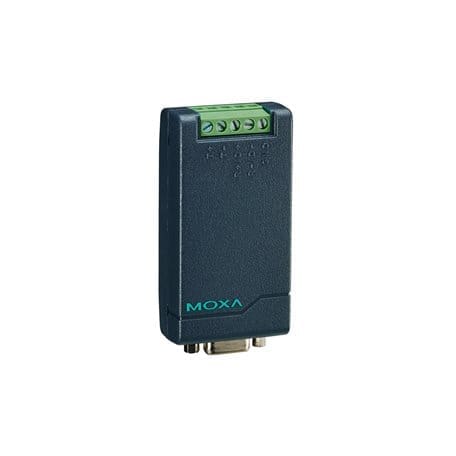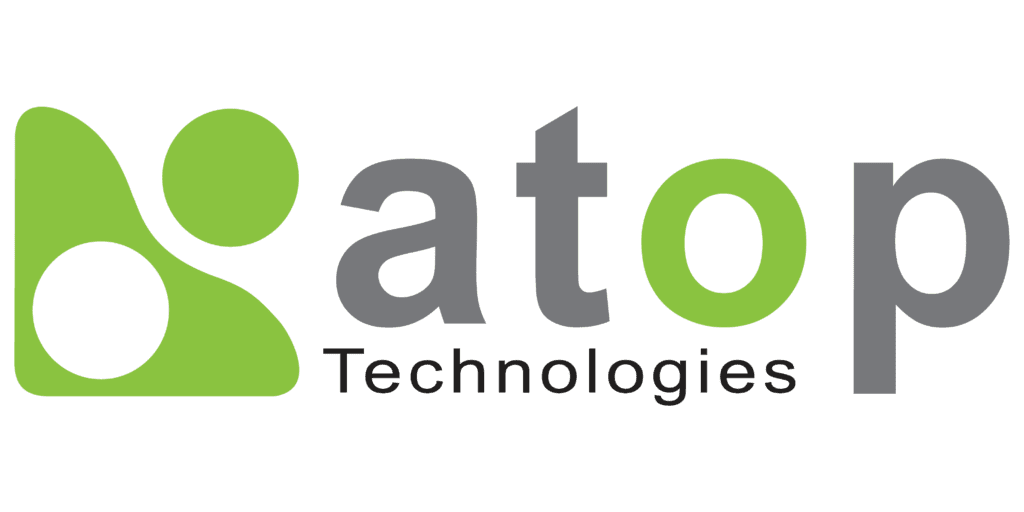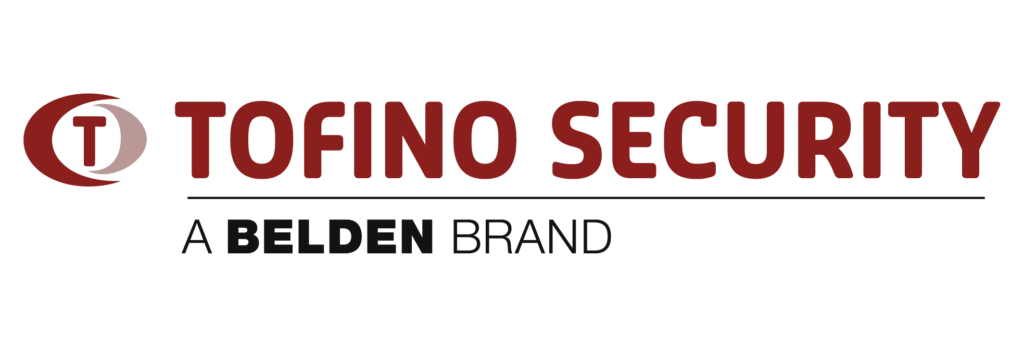This is a series page. Each series brings together devices designed for similar purposes and environments, making it easier to choose the right solution for different applications and operational needs.
Product pricing is available by clicking the products tab below.

The TCC-80/80I media converters provide complete signal conversion between RS-232 and RS-422/485, without requiring an external power source. The converters support both half-duplex 2-wire RS-485 and full-duplex 4-wire RS-422/485, either of which can be converted between RS-232’s TxD and RxD lines.
Automatic data direction control is provided for RS-485. In this case, the RS-485 driver is enabled automatically when the circuitry senses the TxD output from the RS-232 signal. This means that no programming effort is required to control the transmission direction of the RS-485 signal.
The RS-232 port of the TCC-80/80I is a DB9 female socket that can connect directly to the host PC, with power drawn from the TxD line. Regardless of whether the signal is high or low, the TCC-80/80I can obtain enough power from the data line. However, external power can be used if the handshake line is not available, if the serial cable is too long, or if the RS-232 device is a low-power device. For external power, a five to twelve VDC power supply can be connected using an adapter or a USB power cord.
When installing a TCC-80 or TCC-80I converter, it is important to pay attention to power consumption, RS-232 cable length, and RS-422/485 transmission distance. In general, the TCC-80 and TCC-80I obtain 50 mW of power from the power source. Standard PC COM ports can provide 70 to 90 mW of power if the TxD, RTS, and DTR lines are connected. Moreover, the RS-232 cable should be shorter than 15 m (@ 9600 bps) to ensure that less power is lost from the host/device to the TCC-80. The remainder of the supplied power is used for transmitting the RS-422/485 signal.
The RS-232 port of the TCC-80/80I is a DB9 female socket that can connect directly to the host PC, with power drawn from the TxD line. Electrical 2.5 kV isolation for the TCC-80I is achieved with a photo coupler that transforms the electrical signal into light, and then re-transforms the light back into an electrical signal on the other side. In this way, the two electrical circuits are completely isolated from each other. This also protects the devices from ground loop currents, reduces damage caused by data loss, and prevents damage to the communication interfaces.
It’s easy enough to test the serial device with a multimeter to determine that the serial device will provide enough power to the media converter. However, it’s even easier to let the TCC-80I test the device for you. Simply connect the TCC-80I to the device’s RS-232 port and set the SW4 switch to Test mode. If the port power LED indicator lights up, the TCC-80I is receiving enough power. If the LED does not light up, you will need to attach an external power source to the TCC-80I.
We understand that it can be difficult to find the right products for your needs. That’s why our dedicated customer support team is available to assist you in any way possible. Whether you need help selecting the best product for your application or more information on a particular device, our knowledgeable staff is here to provide you with the answers you need. Contact us today for more information about how we can help you get the products and support you need!

Moxa is a leading provider of edge connectivity, industrial computing, and network infrastructure solutions for enabling connectivity for the Industrial Internet of Things (IIoT). With over 35 years of experience, they help industrial enterprises overcome roadblocks and achieve operational resilience through purpose-built OT networking and cybersecurity. They are dedicated to changing the world through the power of connectivity, driving industrial transformation.

Acksys’s expertise and high-quality standards enable their products to meet the most demanding requirements of our key markets: transport (rail, road), industry (M2M, IIoT, automation), mining, oil & gas and port areas. They specialise in WiFi and Cellular Communication Solutions, which have been designed for the industry for over 40 years.

ATOP aims to facilitate connections that drive the world in which we live. In industrial environments, having the right connections is vital: connections between the network, devices, and machines, connections with industry experts and trusted partners.

The Tofino™ Security product line is part of the Belden portfolio of leading industrial networking solutions. Tofino Security offers enhanced cybersecurity for critical industrial automation systems through a simple-to-implement solution.

Phoenix Contact Connect distributes and controls power and data flows – they have been developing the right products for this purpose since 1923. Whether in industrial production facilities, in the field of renewable energies, in infrastructure, or for complex device connections, their solutions are used wherever processes must run automatically. Above and beyond their pure function, they help our partners develop sustainable applications with more efficient processes and reduced costs.
Phoenix Contact: We are paving the way to a climate-neutral and sustainable world with innovative products and solutions.
| Name | Type | Version | Release Date |
|---|---|---|---|
|
|
Datasheet | v1.5 |
Dec 19, 2022 Dec 19, 2022 |
This website uses cookies to improve your experience. Choose what you're happy with.
Required for the site to function and can't be switched off.
Help us improve the website. Turn on if you agree.
Used for ads and personalisation. Turn on if you agree.